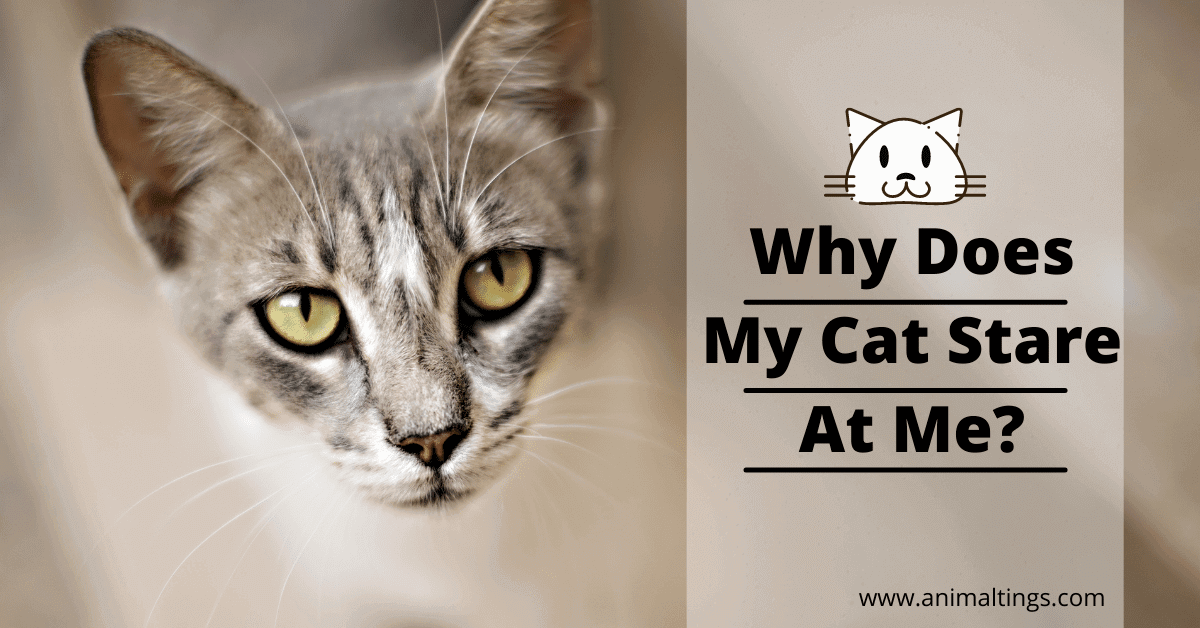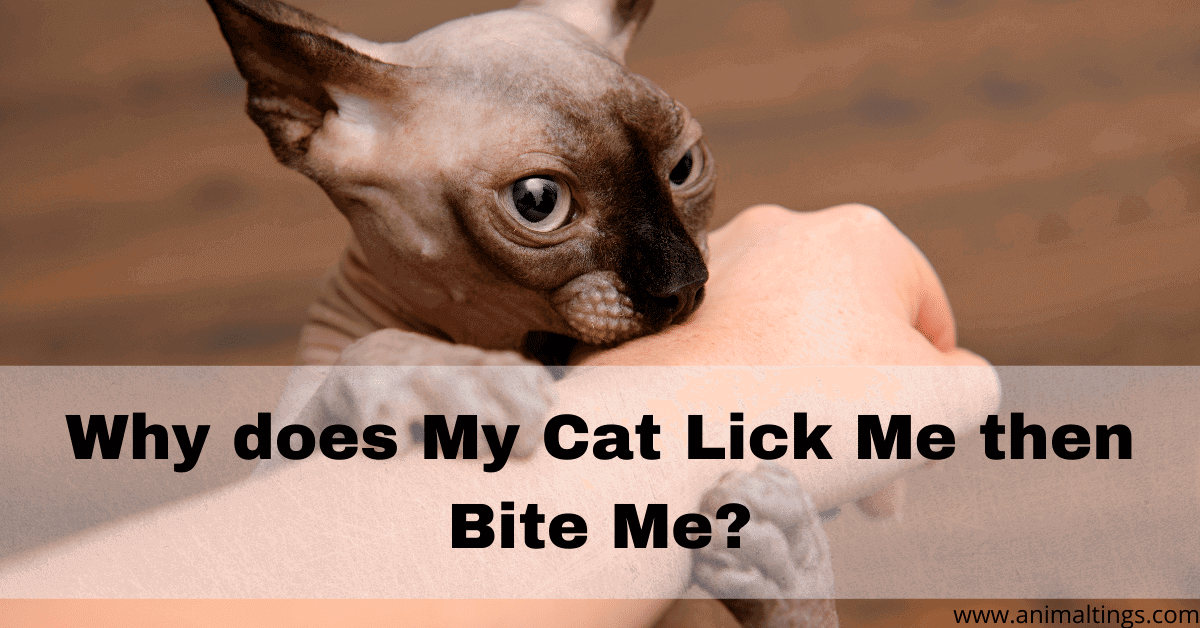Ah, the classic comfort of tomato soup on a chilly day—it warms our souls and fills our bellies. But what about our feline friends? Can they join in on the cozy ritual? Today, we’re diving into the tantalizing world of “Can Cats Eat Tomato Soup?”
Table of Contents
Unraveling the Mystery of a Cat’s Diet
Cats, those enigmatic furballs, have a diet shrouded in mystery. They’re carnivores at heart, designed by nature to feast on meats. So, when we venture into the realm of tomato soup, we’re pushing their culinary boundaries a bit.
The Tomato Soup Ensemble – Can Cats Eat Tomato Soup?
Let’s dissect the tomato soup ensemble, shall we? Tomatoes take the lead, dancing with herbs, spices, and broth. It’s a symphony of flavors for us, but for our furry companions, it might be a bit of a risky tango.
Tomatoes: Friend or Foe?
Tomatoes, oh those red delights! Cats, however, might not be as thrilled. These juicy orbs come with a villain named solanine. It’s like the catnip of nightmares for our feline pals, potentially causing digestive chaos and allergic turmoil.
But fear not! If you’re considering a tomato rendezvous for your cat, moderation is the secret sauce. Small portions, plain tomatoes—no seasoning shenanigans. We’re talking about a cat-sized appetizer, not a feline feast.
READ NOW: Can Cats Eat Eggs?
Safety First: Tomato Soup Edition
Now, let’s talk safety. While tomatoes might get a cautious nod, the extras in your tomato soup could be party poopers for your cat.
Beware the Onion and Garlic Bandits
Onions and garlic, the rogues of many dishes, can be downright hazardous for cats. They mess with the red carpet of your cat’s digestive system, causing all sorts of havoc. So, if your tomato soup recipe is a secret family affair with these culprits, it might be best to keep it a human-exclusive affair.
Salt – The Sneaky Culprit
And then there’s salt. Our dear table companion is not as charming for our feline buddies. High salt content can lead to a dehydrated cat—not the kind of thirsty we want our pets to be.
But amidst the warnings, let’s not forget the potential perks. Tomatoes bring antioxidants to the table, offering a tiny health boost. Plus, the liquid content in soup can be a sly way to keep your cat hydrated.
SEE: Can Cats Eat Waffles? Unraveling the Feline Culinary Conundrum
Signs and Signals: How to Decode Your Cat’s Tomato Tale
So, picture this: your cat has had a sip of tomato soup. Now, how do you know if it’s a gastronomic triumph or a recipe for disaster?
Reading the Cat Leaves
Watch for changes in behavior, the Sherlock clues of the pet world. If your cat is suddenly moonwalking or avoiding the food dish like it’s a haunted house, it might be time to rethink the tomato soup encore.
Gut Feelings
Keep an eye on the digestive front. If your feline friend is expressing discomfort through the language of stomach upsets, it’s a cue to dial the vet’s number.
To Soup or Not to Soup? Alternatives for Your Furry Gourmet
Considering all the pros and cons, it might be wiser to explore cat-friendly alternatives. Specialized cat food is like a tailored suit for your pet’s taste buds—balanced, safe, and free from culinary landmines.
But if you’re feeling a bit like a cat chef, dive into the world of homemade cat-friendly recipes. Just remember, consulting with a vet before unleashing your inner Gordon Ramsay is the golden rule.
READ: Can Cats Eat Chorizo?
Conclusion: “Can Cats Eat Tomato Soup?”
In the grand saga of “Can Cats Eat Tomato Soup?” the plot thickens. While tomatoes might not be a red carpet event for your cat, a cautious nibble won’t spell disaster.
So, dear cat guardians, as you navigate the labyrinth of feline gastronomy, keep the tomato soup saga in mind. It’s a tale of risk and reward, with your cat as the discerning judge.
And if you ever find yourself pondering over a steaming bowl of tomato soup, with your feline friend gazing at you longingly, remember: every sip is a delicate dance between curiosity and caution in the grand ballroom of pet parenting.




